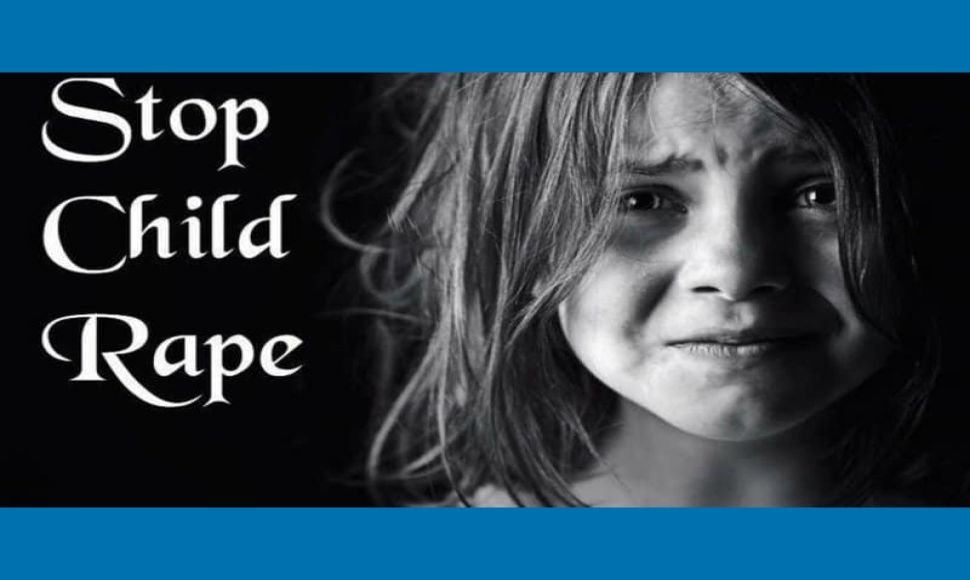Children
A legal analysis of an Iranian supreme court precedent involving the sexual abuse of a minor girl.
03:10 - 18/9/2024
An Unheard Plea: Iran's Supreme Court Turns a Blind Eye to Child Rape
Dr. Faraz Firouzi
“…The members of the court [the supreme court] unanimously confirmed the decision of the 'First Class Criminal Court' of Kurdistan province, acquitting the accused of rape. The lower court's investigation, based on forensic evidence, concluded that there was no evidence of penetration (dukhūl), as indicated by the intact hymen. Although there were some minor scratches on the labia, these were deemed insufficient to prove rape. As a result, the court determined that the act constituted an indecent act, but not adultery (zinā), under Article 637 of the Penal Code .”
This is the verbatim language employed by the judges of the Iranian Supreme Court (Branch 4) in a case involving the alleged rape of a 7-year-old child by a 71-year-old man in Mariwan, Kurdistan, Iran, in October 2019. In accordance with criminal procedure law , investigations into such sensitive matters are generally conducted confidentially, thereby hindering public access to relevant information. Through serendipitous circumstances, I was able to secure access to the court documents pertaining to this case during my field research in the Kurdistan region of Iran. The following paragraphs offer a critical analysis of the Supreme Court's decision to acquit the accused of rape in this case.
This tragic incident unfolded on a fateful day when concerned citizens reported a suspected case of child sexual abuse to the local authorities in Mariwan. Acting swiftly, the prosecutor ordered the arrest of the alleged perpetrator. During the investigation, the accused admitted to taking the child with the intent of committing a sexual act, although he claimed that penetration did not occur. Throughout the proceedings, the accused's statements were contradictory and inconsistent, at times denying any wrongdoing and attributing the incident to accidental contact. Despite the accused's confession and the existence of visual evidence, the “First Class Criminal Court” of Kurdistan province acquitted him of rape, convicting him only for an indecent act. This decision sparked outrage and protests from human rights activists and the child's lawyer. The young victim, who had tragically lost both parents, was living under the care of her elderly grandfather, who was struggling financially. The accused, a neighbour, was aware of the child's vulnerable situation and exploited it by enticing her with treats on the day of the incident.
The victim's lawyer appealed the Kurdistan Criminal Court's decision to the Supreme Court. Despite presenting a comprehensive defence that provided compelling evidence supporting the allegations of rape, the Supreme Court ultimately rejected the appeal. Similar to the lower court, the Supreme Court characterized the accused's actions as an indecent act rather than rape. The court's rationale was primarily based on the absence of complete penetration, as evidenced by the intact hymen, despite the presence of minor injuries to the labia. This precedent reflects a prevailing trend in Iranian criminal law that often fails to recognize acts of sexual violence that do not involve complete penetration as rape. Notably, the Supreme Court completely disregarded the unique vulnerabilities and fundamental legal protections afforded to minor victims, failing to consider the broader context of the case and the potential long-term consequences for the child.
Generally, in Iranian criminal law, which is largely based on Islamic jurisprudence, rape is not explicitly criminalized. Instead, the penal code focuses on the crime of zinā, defined in Article 221 as sexual intercourse between unmarried individuals that is not accidental. According to this definition, penetration is a key element of zinā, implying that acts of sexual violence that do not involve complete penetration may not be considered rape. Furthermore, the article narrowly defines penetration as occurring when the penis of a man, up to the point of circumcision, enters the vagina or anus of a woman.
In this case, the accused explicitly described the details of his sexual acts with the victim, including multiple instances of rubbing his [sexual organ] against the victim'sbody [vaginal]. Despite this clear confession and the supporting evidence from the victim's lawyer, the Supreme Court failed to classify these acts as rape. According to the accused's own statement and the lawyer's account, the accused repeatedly engaged in this behaviour, causing the child to experience severe fear and distress. However, the courts did not consider the severity of these acts to constitute rape.
This narrow definition of rape excludes a broad range of sexual offenses from the category of rape, particularly those involving children. Despite being a party to the United Nations Convention on the Rights of the Child (UNCRC), Iran has failed to adequately fulfil its obligations to protect children and adolescents from sexual violence. Articles 19 and 34 of the UNCRC mandate that states take measures to protect children from all forms of violence, including sexual violence, and to explicitly commit to protecting children from sexual exploitation and abuse. Despite these international obligations and widespread criticism from human rights advocates and children's rights organizations, Iranian law remains insufficient in providing adequate protection for children's rights against sexual violence. Notably, even recent legislative reforms in Iran have failed to introduce specific legal measures for the protection of children in cases of rape. The ongoing prevalence of rape and sexual violence against children in Iran is a testament to the enduring cultural taboos and societal stigma that continue to endanger victims and perpetuate impunity.
03:19 - 18/9/2024 Updated.
Read more
- A 13-year-old child laborer committed suicide in Tehran
- Three child laborers were burned with an iron by their employer
- The beating of the stepmother put the 4-year-old child into a coma
- November 20, World Children's Day
